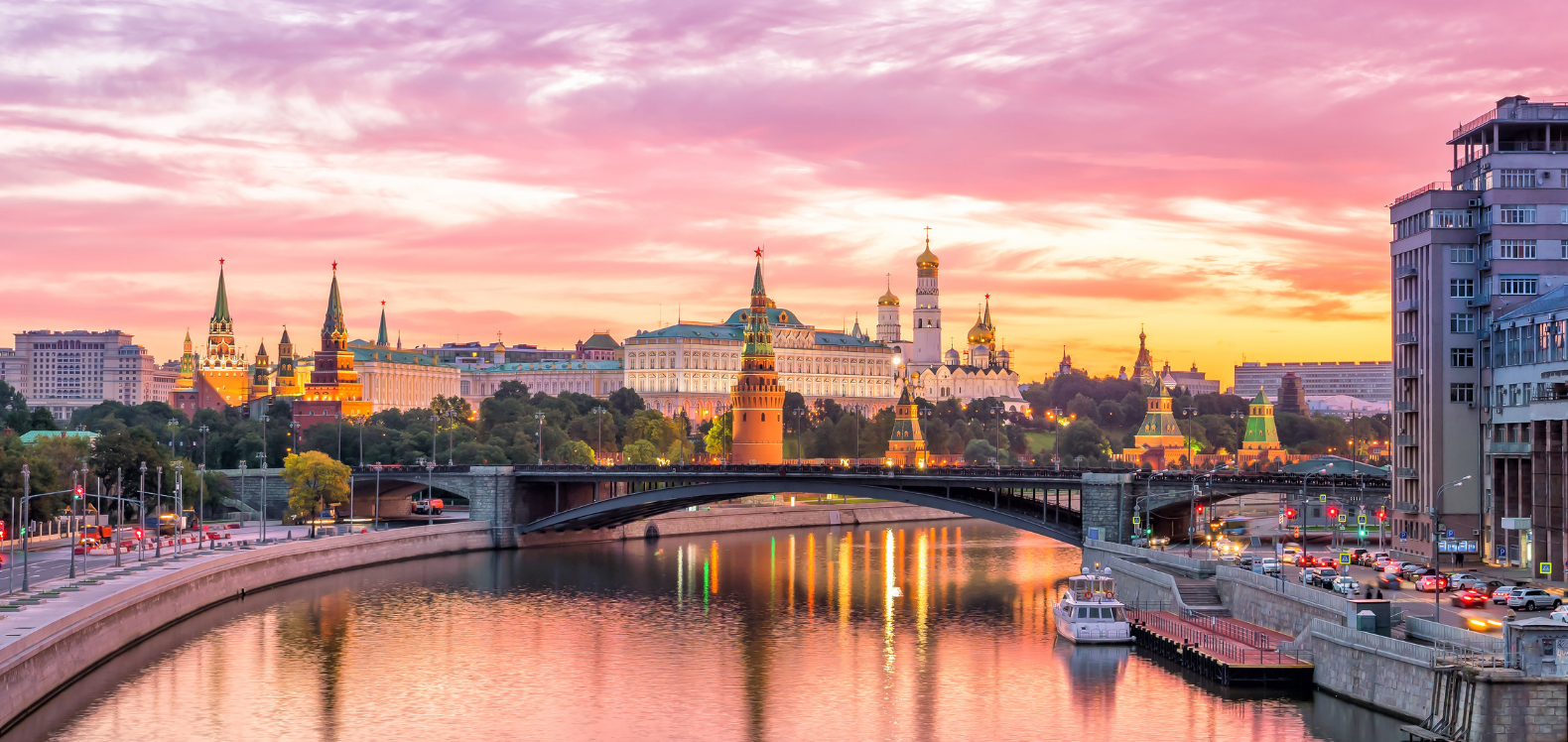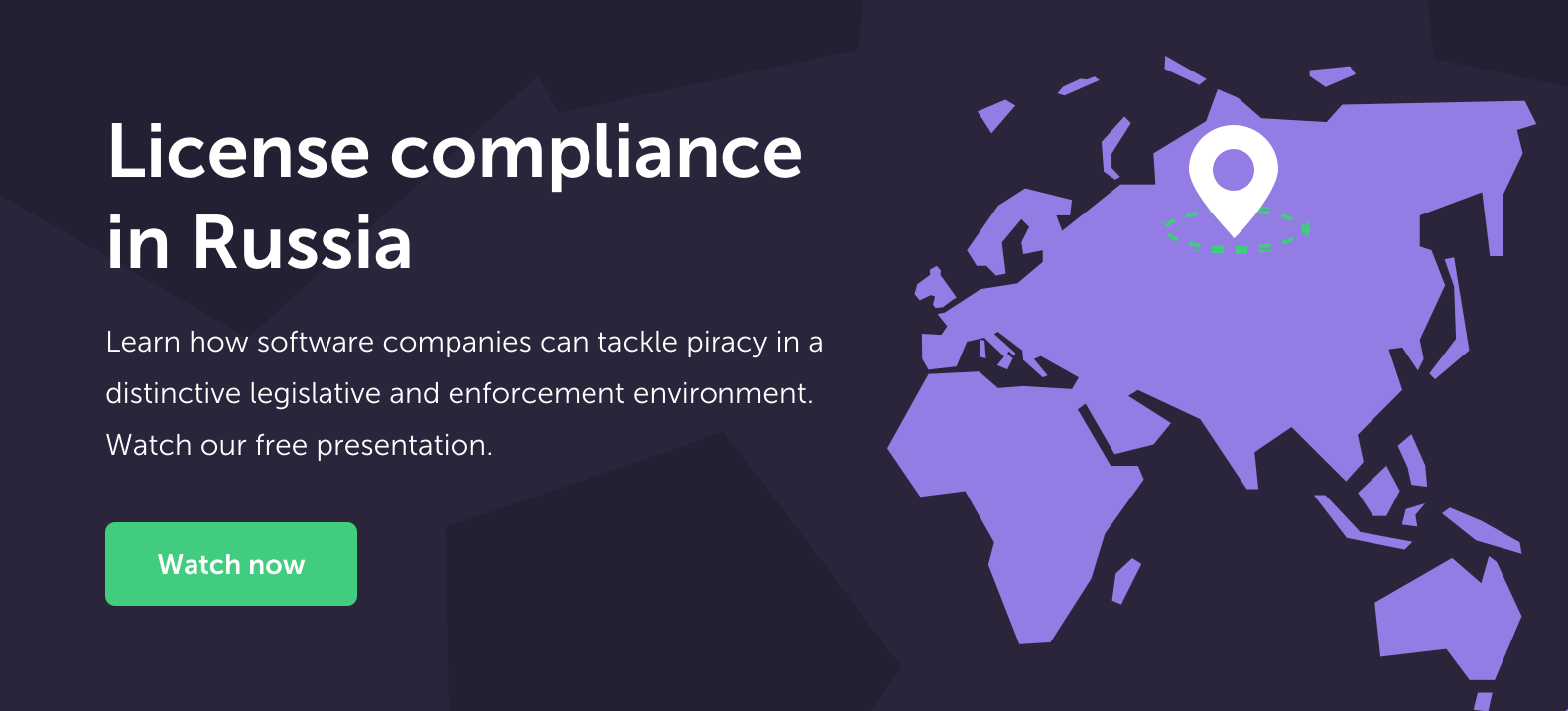
Russia hasn’t always given software license compliance the attention it deserves. Legislation and law enforcement measures have been slow to evolve, leaving software companies operating in the region at a disadvantage when it comes to enforcing their intellectual property rights (IPR).
Thankfully, things have changed in recent years.
Today’s IPR landscape looks almost unrecognisable from what it did just a decade ago. It’s no exaggeration to say that Russia’s IPR legislation now ranks among the very best.
Recent shortcomings in compliance law enforcement
Current IPR legislation provides a crucial level of support for software companies operating in Russia. It helps them minimize the financial, reputational, and operational damage caused by piracy. But, while IPR legislation is robust, law enforcement has struggled to keep up.
It wasn’t until the early-2000’s that Russian police forces and prosecutors began to be trained in IPR protection. Reaching its peak in 2007, the number of criminal cases involving software piracy steadily declined year-on-year once these measures were put in place.
Unfortunately, the Russian Ministry of Internal Affairs has almost completely shifted its focus away from commercial software piracy towards cybercrime in recent years. And this deficit of preventive and enforcement practices creates a perfect substratum for software piracy to rise once more.
A brief overview of Russia’s license compliance environment
It can be difficult to know where you stand in such an unpredictable environment—let alone enforce your rights. So, during the Cylynt Summit 2020, ITCA Regional Director Evgeny Danilov hosted an informative presentation on software compliance in Russia.
Now available as a free video, the presentation offers a handy overview of the compliance landscape in Russia today. Based on Evgeny’s extensive knowledge and experience—acquired during his time as manager of anti-piracy and software compliance at Microsoft—areas covered include:
- A brief overview of Russian IPR legislation.
- A retrospective of IPR law enforcement practices up to the present day. This includes commentary on the most important developments from the past 25 years.
- How software companies have adapted to recent political and economic changes, and those that continue to shape the compliance landscape in Russia.
- Lessons learned from ITCA’s personal experiences of Russian compliance legislation and how we approach cases.
- Practical advice for companies that are thinking of embarking on a compliance program in the region or have done so already.
Click the button to watch the presentation in full.



